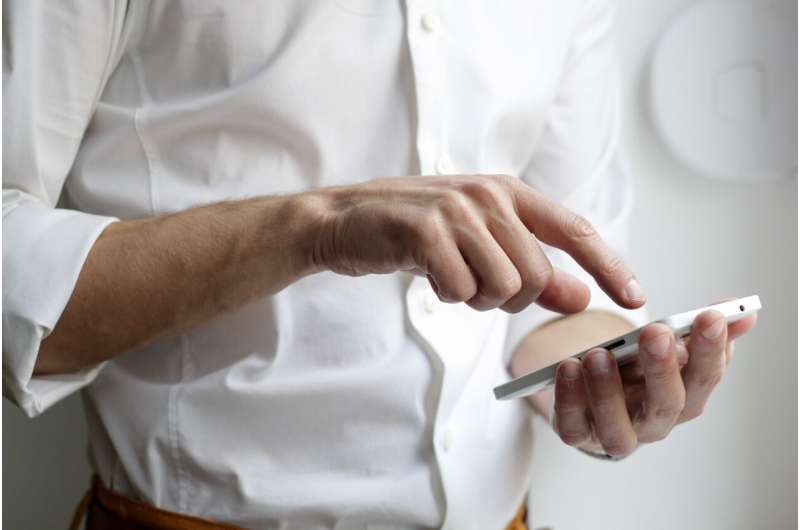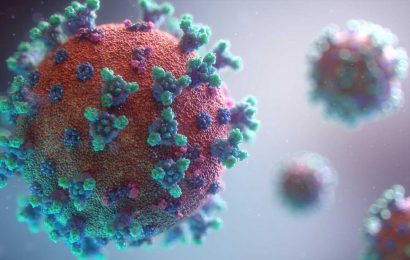
Addiction treatment providers scrambled at the start of the coronavirus pandemic to find ways to keep people engaged after they shut their physical doors.
For most, that meant telehealth, or audio or video calls. But with fatal overdoses spiking in Maryland and nationally, leaders of the Center for Addiction Medicine at the University of Maryland Medical Center Midtown Campus turned to an extra measure that is turning into a bright spot in their efforts.
It’s a mobile app they began testing about a year ago specifically for those with opioid use disorders.
Called reSET-O, it’s for those being treated for opioid use. Another called reSET is for those being treated for use of alcohol and other substances. They were the first prescription apps approved by the U.S. Food and Drug Administration for substance use disorders, in 2018 and 2017, respectively.
There are now several more FDA-approved mobile behavioral health apps, which help gain insurance coverage after they show evidence they work. There are perhaps thousands more apps that the FDA says need no approval because they are not treating a condition but still aim to help people with their mental health. That includes some meditation apps, for example.
ReSET provides cognitive behavioral therapy, a method of helping people manage problems by changing the way they think and act, and it’s offered in addition to counseling and medications.
A year into the effort, and on the heels of 2020′s record 2,500 opioid overdose deaths around the state, clinic leaders say the results so far are promising. Marian Currens, the Midtown center’s director, said 67 of her 130 patients downloaded the app and half finished the 12-week program. Sixteen refilled prescriptions.
“I have the goal of seeing that no patients are left without treatment, even if they can’t get into our office,” she said. “This isn’t for every patient, but digital technology is the way of the future and we need to make it more available.”
The app uses modules that users can tap anytime to build coping skills and stay engaged. Modules focus on things such as improving sleep, finances and relationships, or coping with anxiety. The app also quizzes users on their substance use, cravings and triggers and reports the information to therapists. It provides small gift cards after users complete some modules.
The app was developed by Boston-based Pear Therapeutics and initially won FDA approval through a process called de novo premarket review, which offers a pathway for novel devices that are low-to-moderate risk, after a 12-week trial showed an increase in abstinence.
Keisha Manns, a 47-year-old Baltimore woman, began using the app last June to help her stay off the prescription opioids she said she began abusing during cancer treatment and around the time she lost her son.
She said she developed anger issues, and like many people desperate to pay for opioids she ended up incarcerated. But when she was released she sought a treatment program, and the Midtown center offered her the app along with other treatment.
She said counseling was helpful, but insists the app made the difference.
“It gives you other routes to go down and other ways to stay clean,” she said. “Once I complete the modules, I do some over again. They talk about everything you could possibly think of, all real-world things, like what to do when you see an old friend on the way to a job interview so you don’t end up in some house and using again.”
Some of the modules unrelated to drug use are most useful, she said, such as ones focused on anger management and coping and even journaling.
Manns plans to renew her prescription as long as she’s allowed. In June, she expects to become a certified medical assistant and hopes to eventually provide end-of-life care to seniors.
Source: Read Full Article


